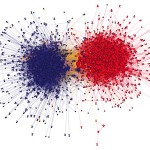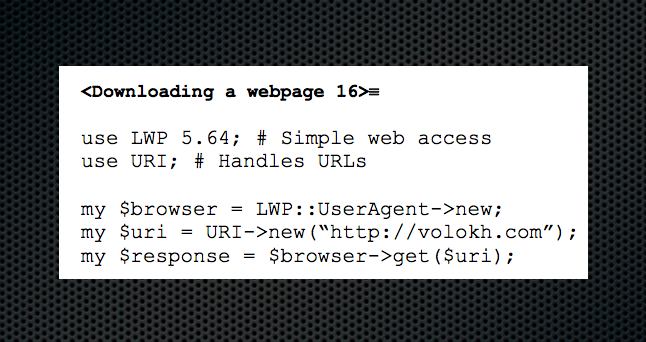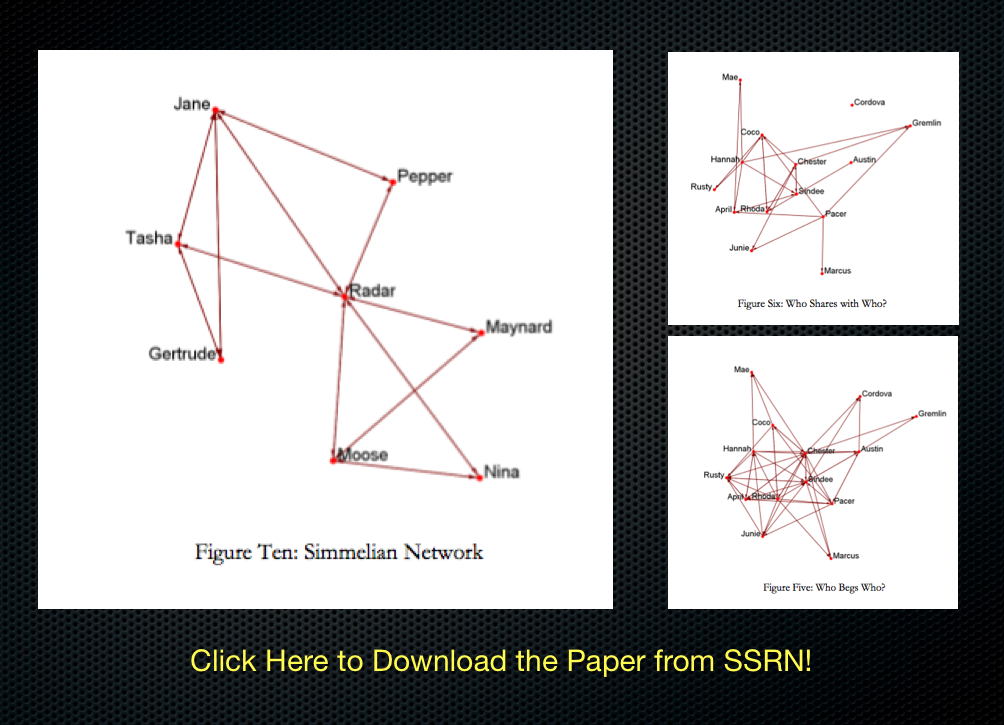Important thing worth noting … data.gov went online during our break …. From the front page “The purpose of Data.gov is to increase public access to high value, machine readable datasets generated by the Executive Branch of the Federal Government. Although the initial launch of Data.gov provides a limited portion of the rich variety of Federal datasets presently available, we invite you to actively participate in shaping the future of Data.gov by suggesting additional datasets and site enhancements to provide seamless access and use of your Federal data. Visit today with us, but come back often. With your help, Data.gov will continue to grow and change in the weeks, months, and years ahead.”
Tag: computational social science
Marginal Returns and the Mechanics of a Computational Legal Study
As noted earlier, we imposed a break over the Memorial Day Weekend and hope to return to a regular posting schedule this week. For the first post of the week, we want to reach out to readers exclusively socialized in legal or traditional social scientific circles. Namely, we recognize that a number of the approaches highlighted herein are not currently within the mainstream. Thus, many may not be familiar with the methods presented on this blog. So, just to reset ….
On this blog, we discuss scholarship or projects applying a computational, complex systems or informatics approach to questions of potential interest to legal and/or social science scholars. Our approach is unappolgetically interdisciplinary as we attempt to weave together a wide range of scientific methods and intellectual traditions. We have or will feature relevant scholarship from computer science, physics, network science, empirical legal studies, information visualization, new social history, computational politics and economics, mathematical sociology, behavioral biology, neuroscience, anthropology, linguistics ….
We have deeper motivations — but at a minimum — we believe the embrace of the techniques presented herein is justified as a search for intellectual returns on investment. While not applicable to all substantive questions, where appropriate we believe our approach to scholarship can convert higher-hanging fruit into low-hanging fruit.
It is hardly a revelation to note that disciplines tend to be insular. They develop cultures of intellectual reenforcement that can operate to stymie innovation by punishing deviations from status quo practices. Recognizing that switching costs are non-trivial, we want to once again highlight two articles previously discussed on this blog. For those interested in exploring a different terrain, we believe these articles offer both the rationale for and some of the mechanics of a computational approach to legal studies.
The first article, drawn from a recent issue of Science Magazine and authored by some of the leaders in field, highlights some of the possibilities of and potential perils associated with a computational revolution in the social sciences. It is a call to arms to many in social science circles. In a similar vein, Paul Ohm’s forthcoming article represents the law review analog. Among other things, Professsor Ohm offers a concrete playbook for those interested in applying the relevant mechanics to some discrete question of interest. The code displayed above is drawn from his article.
Jones & Brosnan: Local Interaction, Strategy Dynamics and the Emergence of Reciprocity in Chimpanzee Social Networks
Following up from the very interesting recent Society for Evolutionary Analysis in Law Conference (SEAL 10) at Vanderbilt Law School, I wanted to briefly highlight some compelling scholarship offered Greg Jones & Sarah Brosnan. In their paper, Social Contracts on Social Networks: Local Patterns of Interaction, Local Strategy Dynamics and the Emergence of Reciprocity they explore cooperative, prosocial behavior in chimpanzees. The paper is both empirical and computational in nature.
I recognize that primatology represents a novel domain for many social scientists and legal scholars. In the March (1991) framework, we here at the CLS Blog believe exploration of a wide number of intellectual domains should be privileged over the mere exploitation of current approaches. For those interesting in such exploration, please consider downloading and reading this article.
Computational Social Science in Science Magazine
 This article in a recent issue of Science Magazine— authored by some of the leaders in field— highlights some of the possibilities of and perils associated with a computational revolution in the social sciences. We believe it is a worthwhile read….
This article in a recent issue of Science Magazine— authored by some of the leaders in field— highlights some of the possibilities of and perils associated with a computational revolution in the social sciences. We believe it is a worthwhile read….



